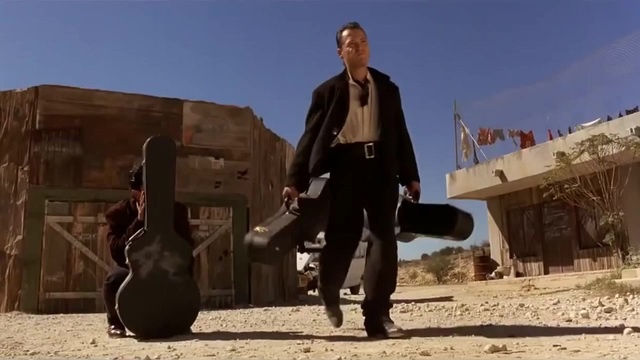Like starting to play any other musical instrument, learning to hold and play the guitar can be challenging, fun, and exciting at the same time. Despite getting excited about producing a fantastic sound, there are common mistakes you will make while playing the instrument. Sometimes, you find these habits become hard to break, hindering your musical progress.
However, when such happens, you shouldn’t fret. All bad habits are there to be broken, and you can become the best through the mistakes you go through. This article will discuss some of the common mistakes faced by beginners and how you can easily overcome them. Without further ado, let’s get to the points.

Improper Holding Of The Guitar
Most guitar beginners do not know how to hold the guitar appropriately. Therefore, if you are passing through the same challenge, you are not alone. To hold the guitar appropriately, you have to understand the guitar curves and how you can hug them with your body. As stated by the professionals at https://www.allstringed.com, there are many different ways of holding the guitar, depending on your position. When seated, use the curves on your rib cage and knees, while when standing, the guitar curves can hug your rib cage.
When you hold the guitar properly, you will free your arms to use the frets, and this ensures you properly use the strumming techniques when working with the equipment. Every time you let the equipment down, it might alter its tuning. Therefore, ensure you fine-tune it up again when picking it up.
Using Too Much Force To Play
As a beginner, you are still yet to understand your guitar and what can be done to produce the best sound. One of the biggest mistakes beginners make is to use too much force to create the best sound. Some beginners think that pressing down the cords and hitting them to produce sound should be physically strenuous. There is no need to use too much force to press and hit the strings to the fretboard.
Playing the guitar should be effortless. Placing the finger on the strings and strumming the strings should be easy, requiring no force. Your fingers and hands shouldn’t feel as if you are performing a high-intensity exercise as some points need a lesser pressure to produce a clean and lovely note.
Going Too Fast
Most beginners are too eager to learn the instrument, and some go too fast in playing the equipment. While quick learning is not bad, it is essential to take all the steps keenly to ensure you digest every part of playing guitar. Mastering good techniques takes time, and trying to push the speeds up often leads to bad playing habits. With slower speeds, you will be sure to get the tones right and ensure the same is instilled in your mind.
Therefore, instead of blasting everything at high speed, take your time to learn all the steps as required. Like any other musical instrument, practice makes it perfect, and by practicing playing your guitar slowly, you’ll be able to perfect the art.
Practicing with Too Many Effects

You may want your guitar output to sound the best, with the delay pedals and reverb turned on. But since you are still learning, there is no need to use too many effects as they may not bring out the best in you. These effects might end up covering up your mistakes, and you might not be able to tell if you are good at the instrument or not.
Therefore, try as much to reduce the effects and, if possible, produce a plain sound. You can split your training with half of the session having sound effects, with the other half without. If you are training through a professional guitar, try reducing the effects before the training session.
Inconsistent Practice
As highlighted, it’s only the regular practicing of this instrument that will make you perfect in playing it. Ensure you perform constant repetition of some steps until you effortlessly play them before moving to the next step. Rushing through the steps might make you forget the previous ones, making it challenging to thoroughly learn to play the instrument.
Besides this, you should practice playing the guitar daily until you are done with training. This situation means that you shouldn’t practice today and then do it again after some days, as this will significantly affect your training. It is better to practice playing the guitar for 20 minutes a day than practicing it for five hours, once a week.
Learning how to play the guitar doesn’t have to be complicated. From the above list, you can note both physical and psychological aspects which, when put into consideration, can make you a guitar pro within no time. Ensure that you put your mind and body into one place when handling the equipment for the best outcome.






